In-Home Pelvic Health Physiotherapy Programs
Assess, treat and prevent pelvic floor dysfunctions
What is the Pelvic Floor?
The pelvic floor is a group of muscles that form a basket shape at the bottom of our pelvis. This basket supports all of our internal organs from below. The pelvic floor works alongside our diaphragm, transversus abdominus and multifidus to form our “core muscles”. Just like external muscles can become tight, painful, weak or overworked your pelvic floor muscles can too! These muscles are often referred to as your “kegel muscles”, “pee muscles” or in females “vagina muscles”.
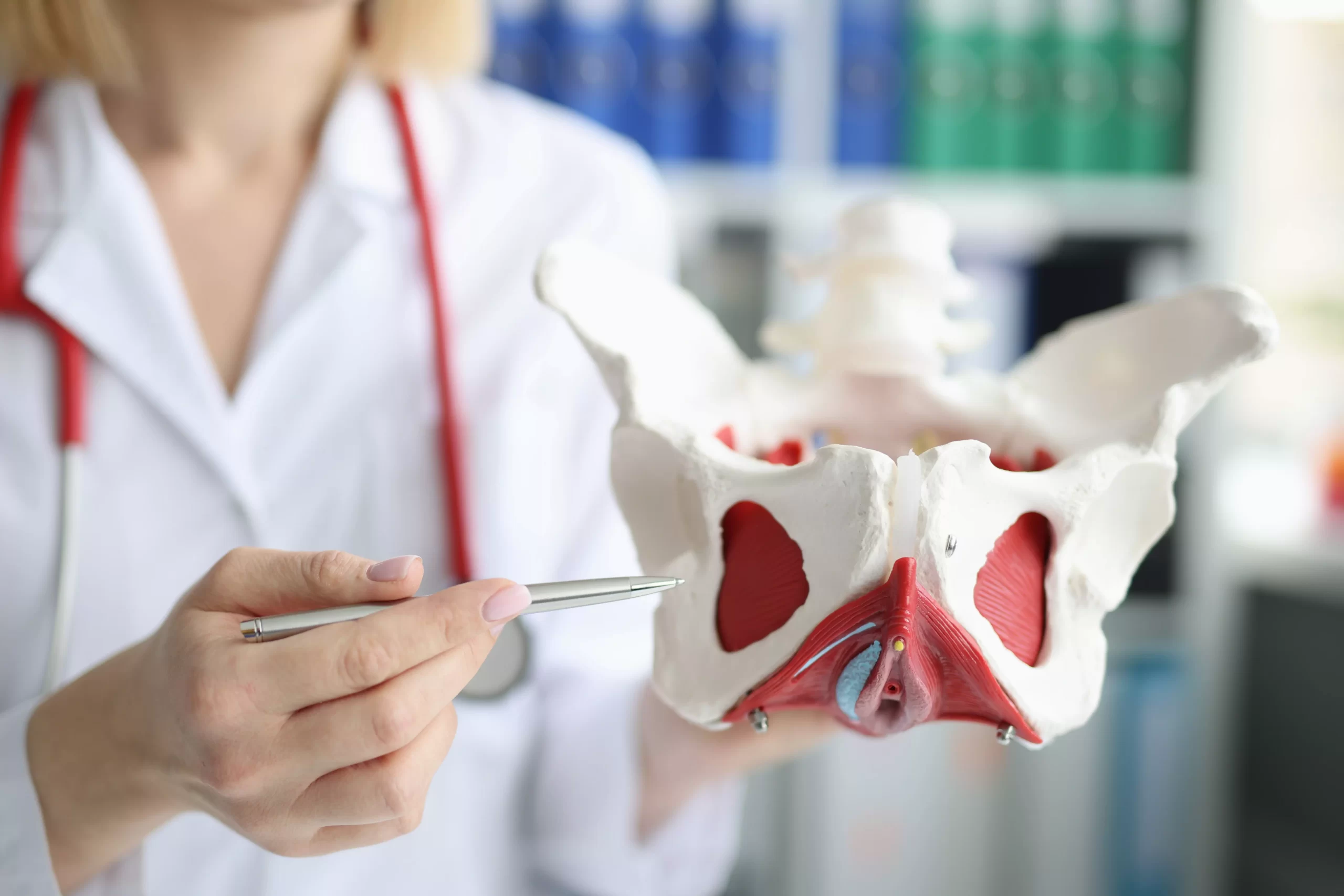
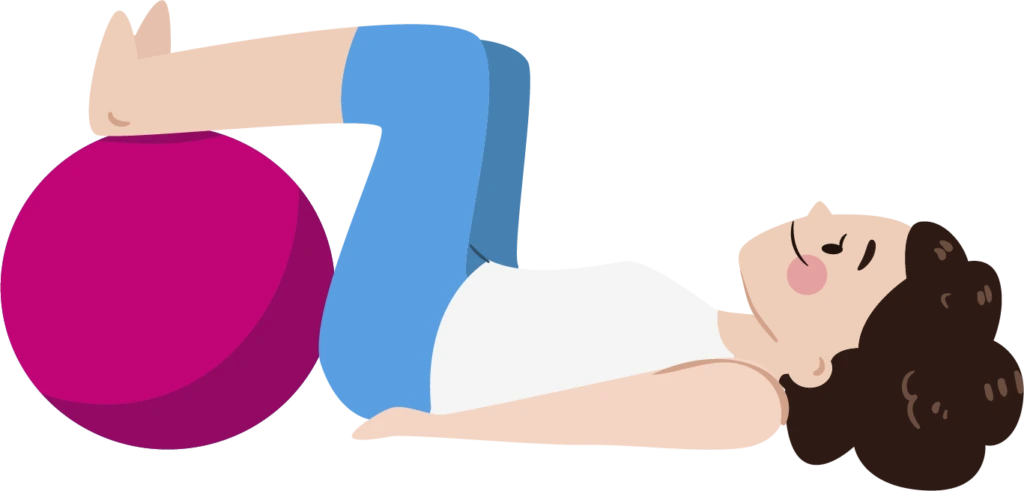
What is Pelvic Floor Physiotherapy?
Pelvic Floor Physiotherapy is the assessment, treatment and prevention of pelvic floor dysfunctions. It is much more than just “kegels”. In fact, most individuals don’t perform kegels as effectively as they could.
What is Pelvic Floor Physiotherapy?
Pelvic Floor Physiotherapy is the assessment, treatment and prevention of pelvic floor dysfunctions. It is much more than just “kegels”. In fact, most individuals don’t perform kegels as effectively as they could.

Any of the following signs, symptoms and conditions can be the result of a pelvic floor dysfunction
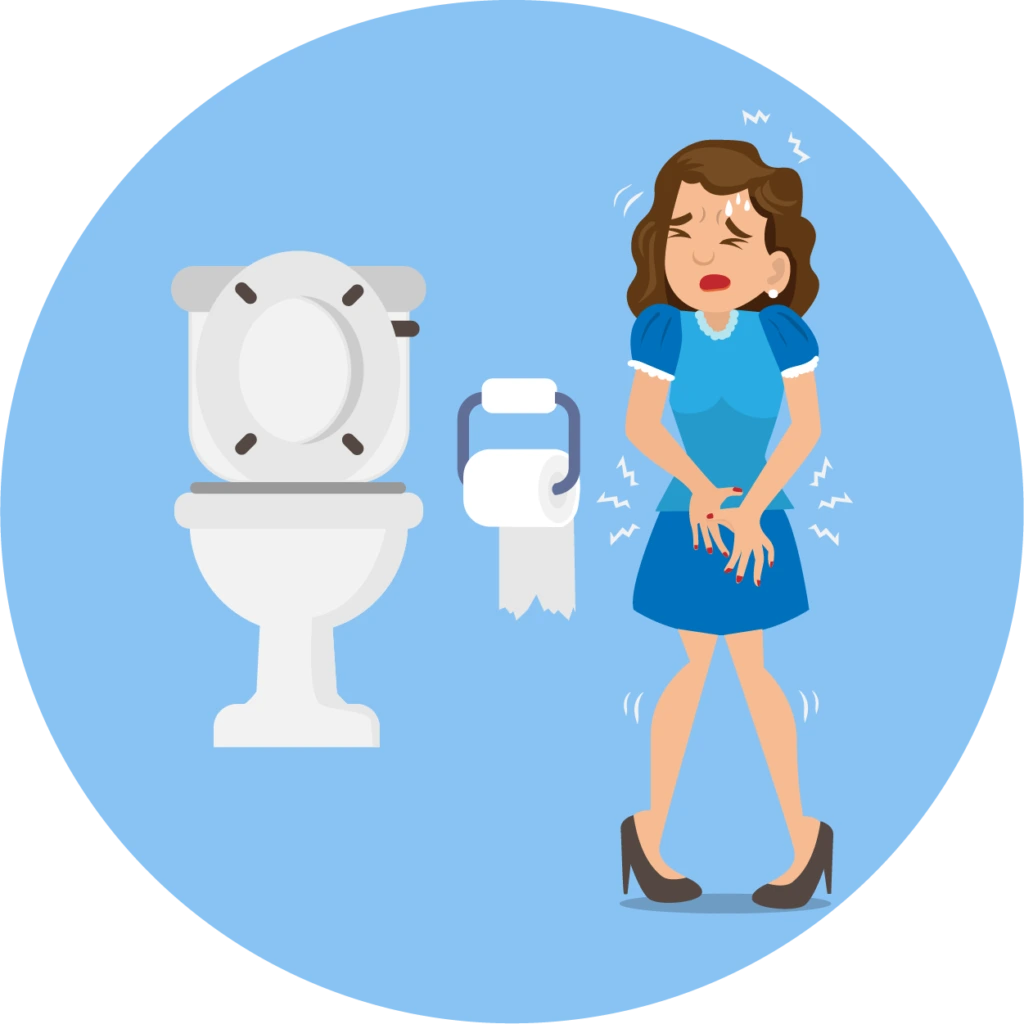
Urinary and/or Bowel Incontinence
Do you pee your pants when you laugh, cough, sneeze, jump, squat, run? This is called stress incontinence. Do you have difficulty making it to the toilet on time? This is called urge incontinence.
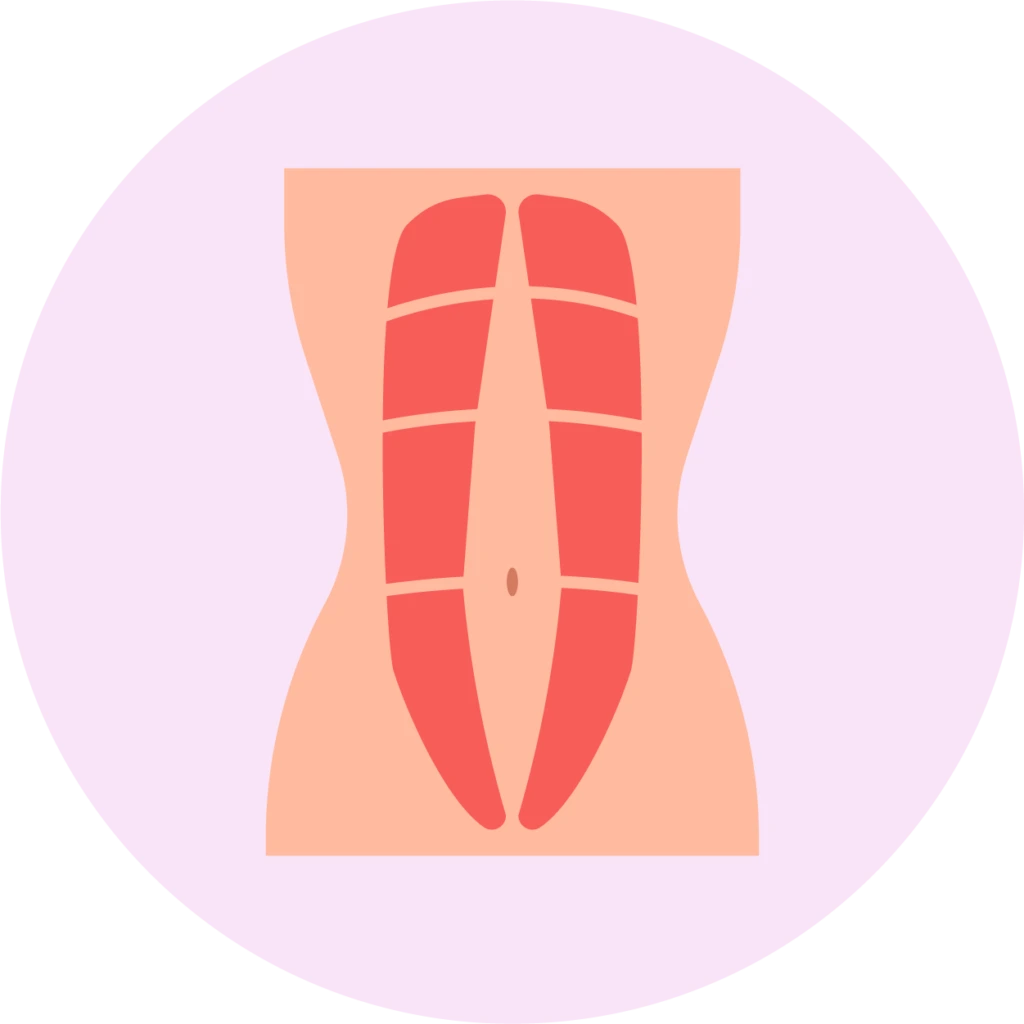
Diastasis Rectus Abdominus
Do you feel like your abs are separating or have an abdominal separation? Do you feel your abs are bulging, coning, tenting or doming? Do your abdominals feel weak? Do you still have a “mummy tummy”? Do you want to prevent abdominal separation?
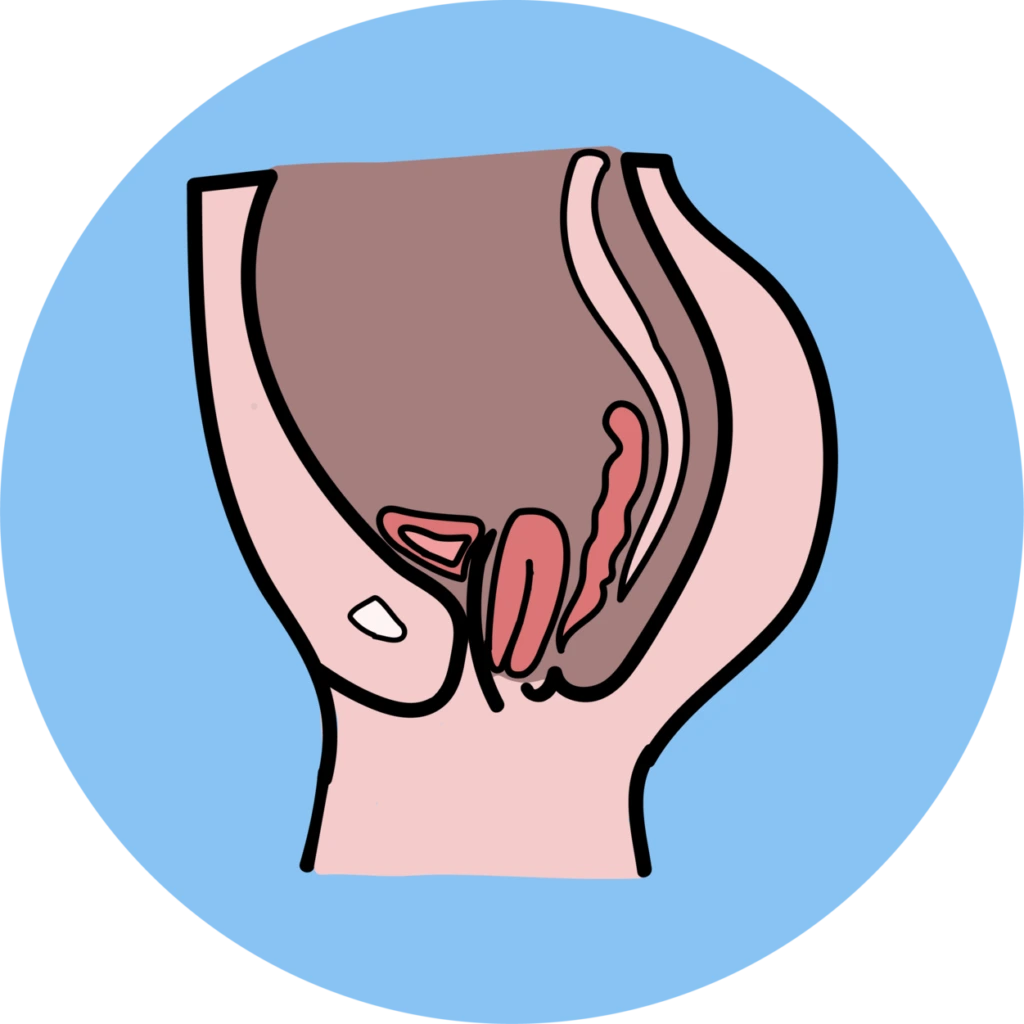
Pelvic Organ Prolapse
Do you feel a heavyness or pressure in your vagina when exercising or performing any day to day activities? Do you feel a bulge in your vagina? Is your tampon or diva cup falling out?
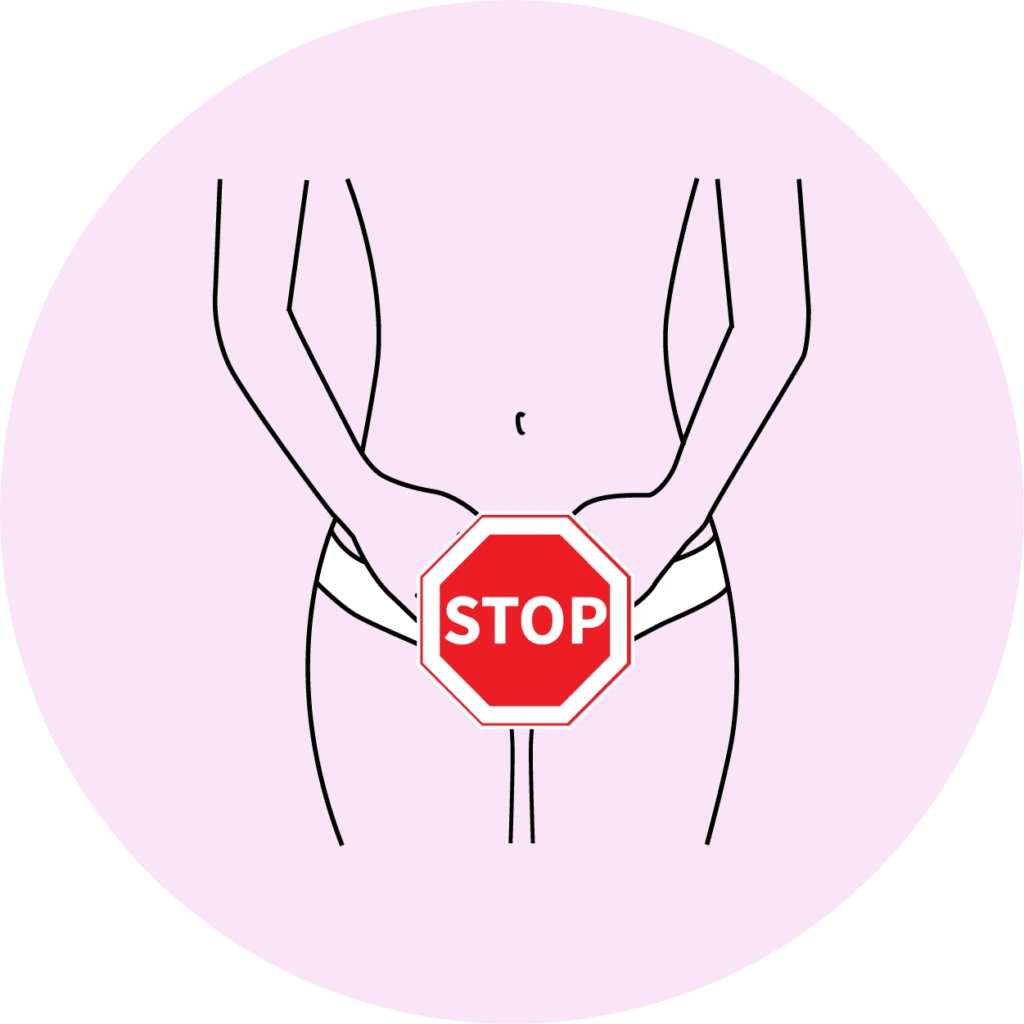
Dyspareunia and Vaginismus
Do you have pain during or after sex, pain with using a tampon or diva cup, pain with pelvic exams or pap tests? Can you not use a tampon or have penetration? Do you feel your pelvic floor muscles are “too tight”?
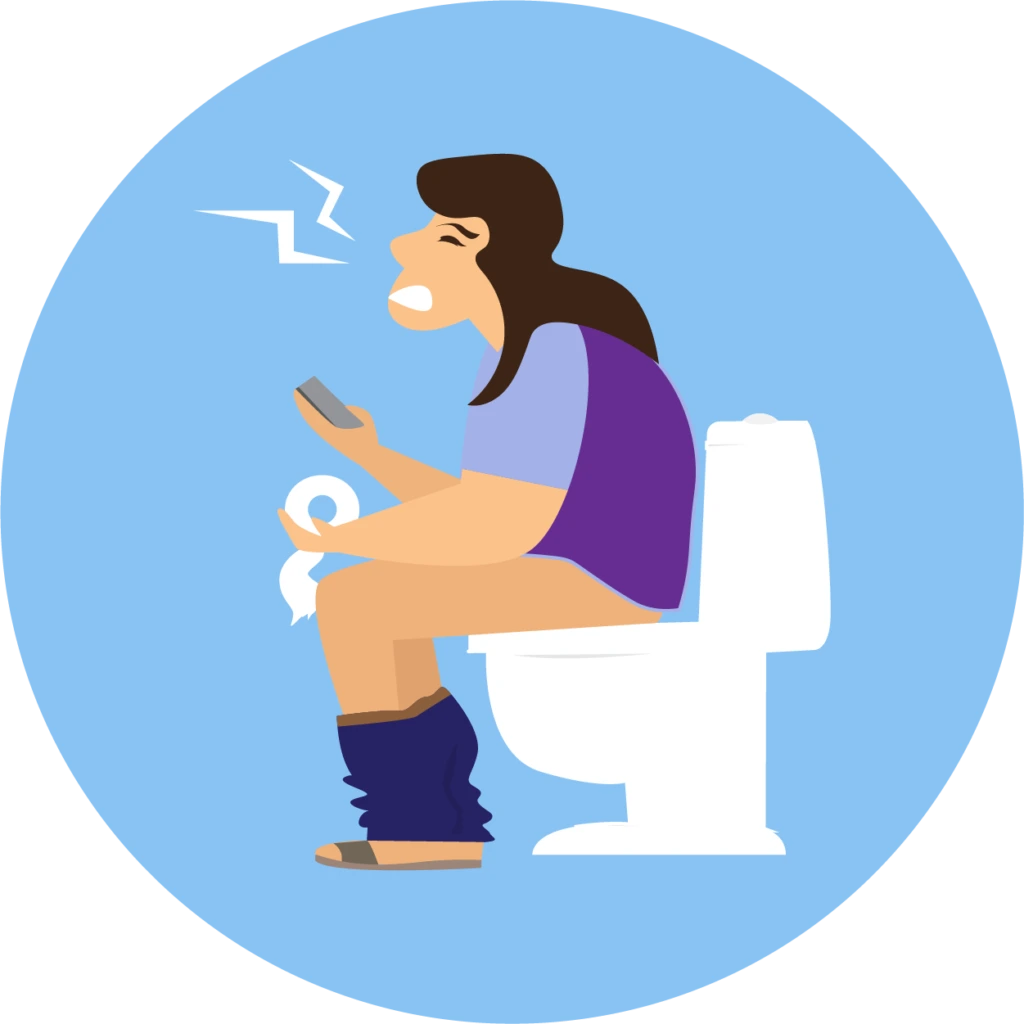
Constipation
Do you have pain with bowel movements? Do you poop less frequently? Are you straining to have a bowel movement?
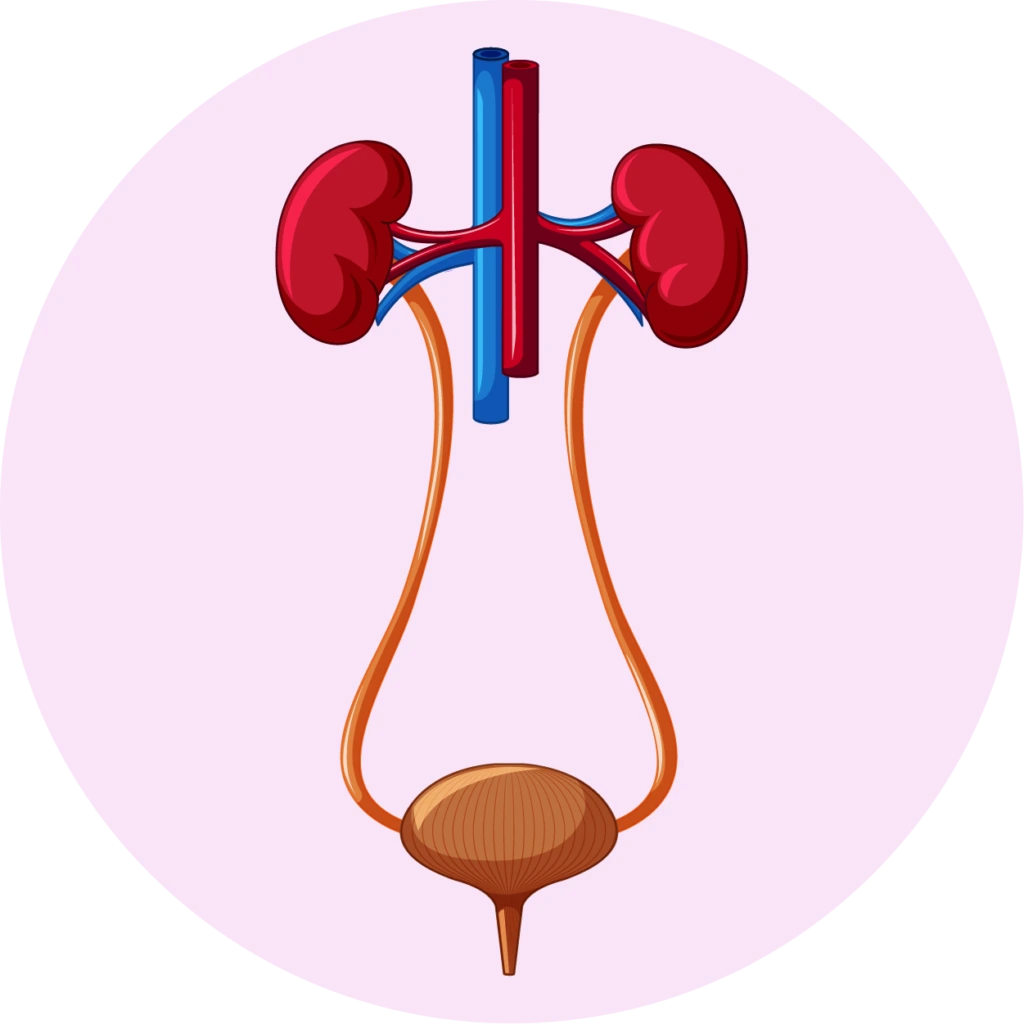
Painful Bladder Syndrome & Interstitial Cystitis
Do you have an increased urge to go to the washroom? Or are you going pee all the time? Do you feel you have an “overactive” bladder? Do you have pain with a full bladder? Do you have pain peeing? Do you have difficulty emptying your bladder fully? Are you peeing frequently at night?
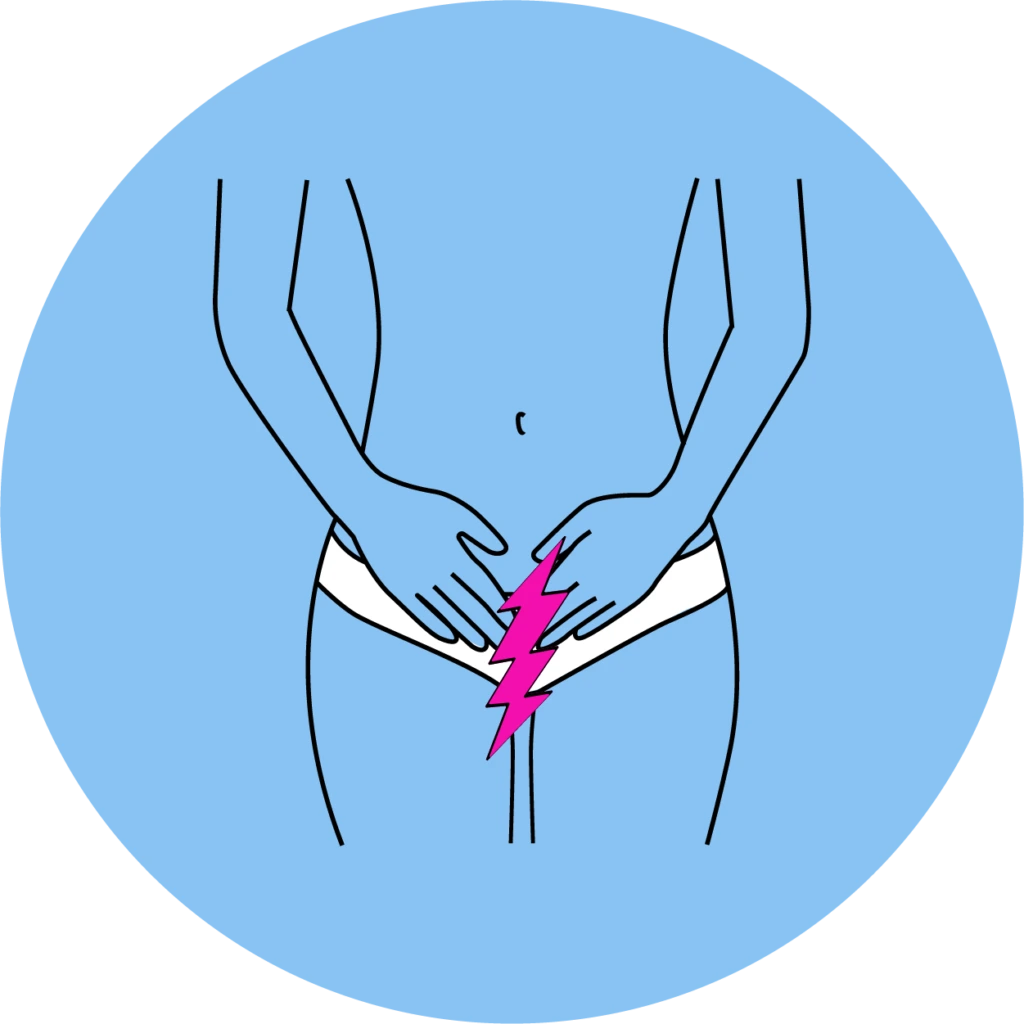
Vulvodynia, Vestibulodynia & Persistent Pelvic Pain
Do you have chronic back pain, chronic hip pain, chronic groin pain, chronic tailbone pain, chronic sit bone pain, chronic vaginal pain or chronic rectal pain that has remained un-diagnosed?
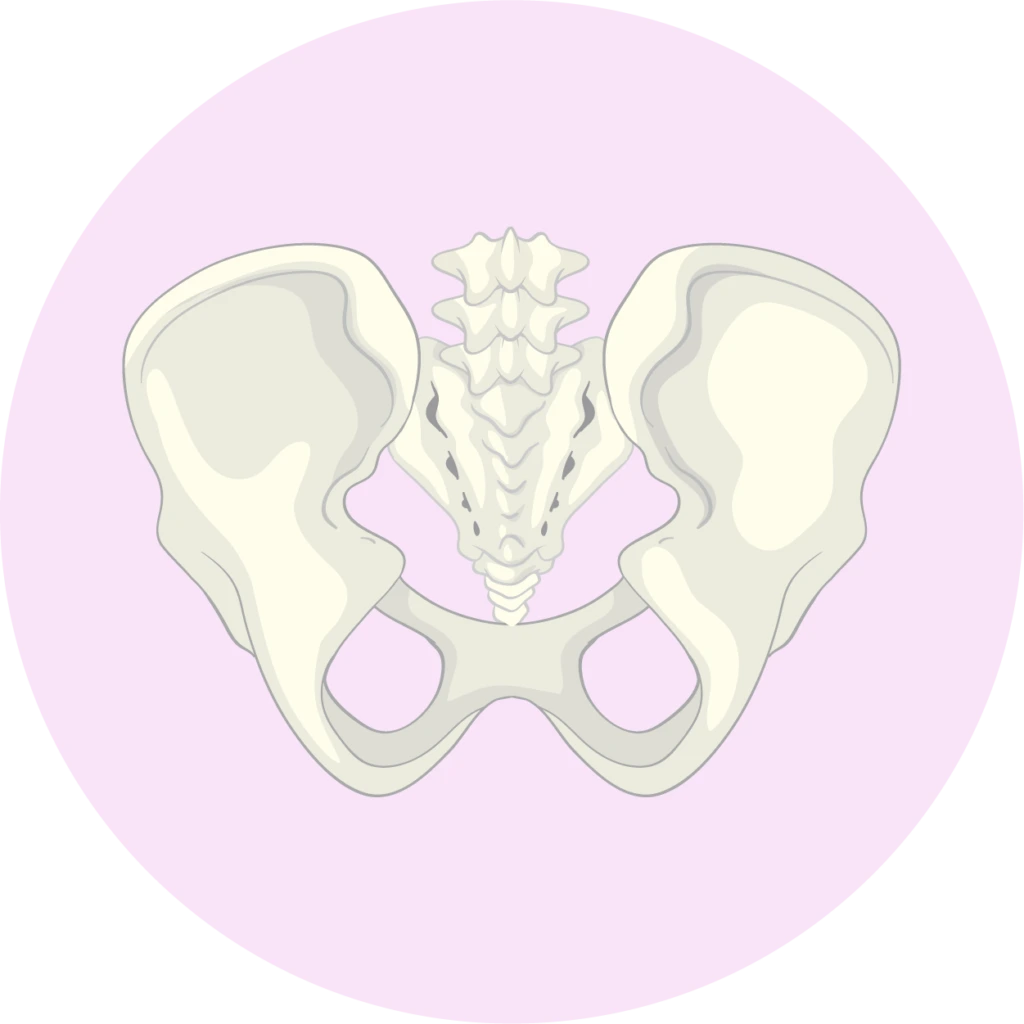
Pelvic Girdle Pain
Do you have hip pain, low back pain, sacroiliac (SI) joint pain, tailbone pain, pubic bone pain? Do you have SPD (symphysis pubis dysfunction)? Do you have other pregnancy pain or feel like you have a “loose” pelvis?
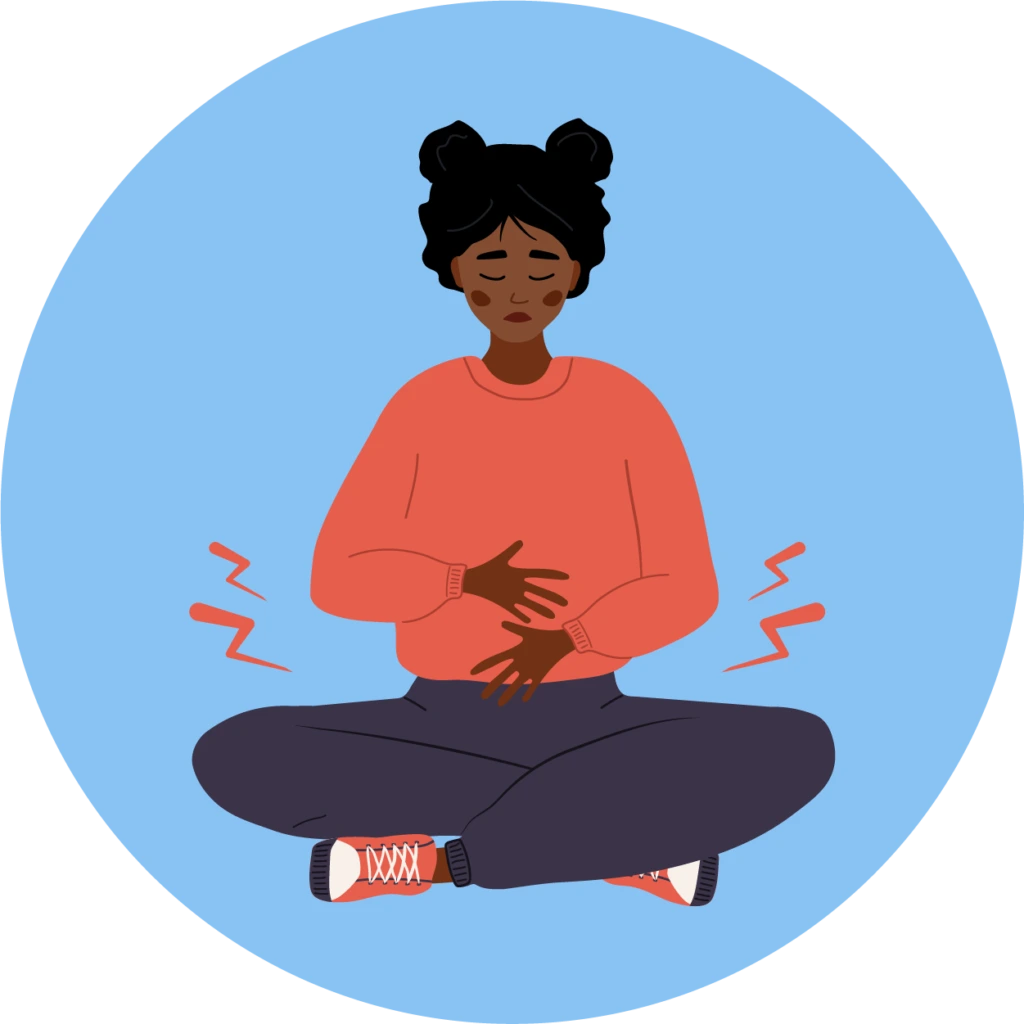
Dysmenorrhea
Do you have painful periods?
Experiencing one or more of the abovelisted symptoms? Get help today.
Statistics on Pelvic Floor Dysfunction
%
1 in 4 women and 1 in 9 men experience urinary incontinence
%
58% of women 3 months post-partum have pain with sex
%
Chronic pelvic pain affects 24% of adult women
%
96% of women with low back pain have a pelvic floor dysfunction
%
71% of women with low back pain have an overactive (tight) pelvic floor
What should I expect from my Pelvic Floor Physiotherapist?
Your initial assessment from your Victoria BC Pelvic Floor Physiotherapist will cover your medical history and symptoms in detail. A physical orthopaedic and internal pelvic exam may take place on the first session.
At Core Connection we use an evidence-based biopsychosocial approach to assessment and treatment. We will look beyond your pelvic floor to ensure we are addressing any other factors that may be contributing to your dysfunction.
The pelvic exam consists of an internal vaginal and/or rectal exam. The internal exam is helpful in determining the state of your pelvic floor muscles.
We will discuss with you our findings and devise a treatment plan based on your functional goals.
Your treatment plan may include: pelvic floor exercises, pelvic floor strengthening, exercises for labour, core strengthening exercises, exercises or manual treatment for a tight pelvic floor and so much more!
Our care is client-centered. We are committed to getting you back performing whatever activity it is that is being negatively affected by your dysfunction.

